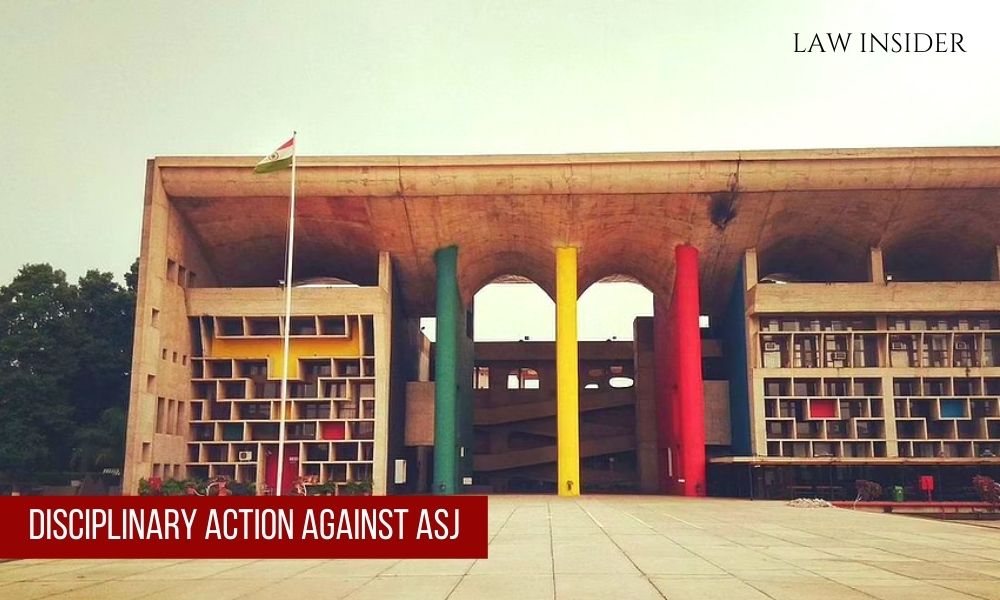LI Network
Published on: October 26, 2023 at 11:30 IST
The Punjab and Haryana High Court has clarified that, as per the Consumer Protection Rules of 2020, an appointment order cannot be considered a separate contractual term, and it cannot be enforced independently of the existing amended Rules.
This decision came in response to a writ petition filed by a retired Judge of the P&H High Court, seeking the quashing of a letter that denied the petitioner the benefits of the amended Rule 10 of the Consumer Protection (Qualification for Appointment, Method of Recruitment, Procedure of Appointment, Term of Office, Resignation and Removal of the President and Members of the State Commission and District Commission) Rules, 2020.
The petitioner also sought a directive for necessary modifications in the appointment/notification order to align it with the amended Rule 10 of 2020.
Justice Sanjeev Prakash Sharma, sitting as a Single Bench, remarked, “The appointment on a particular post is essentially governed by the Rules, and the appointment order cannot be said to be a separate term of contract and it cannot be enforced dehors the existing amended Rules.”
The petitioner, represented by Senior Advocate Gurminder Singh and Advocate Kushaldeep Kaur, held the position of President of the State Consumer Disputes Redressal Commission and was appointed on a whole-time basis for a term of four years or until reaching the age of 65, whichever came earlier. Her appointment was made under the Rules of 2020, which were notified under the Consumer Protection Act, 2019.
The petitioner’s contention was that a letter was sent to the Government of Punjab, requesting necessary amendments in the appointment order to conform to the 2020 Rules. However, the government responded by stating that the terms and conditions specified at the time of the petitioner’s appointment would remain in force, refusing to make the requested modifications.
The High Court emphasized that the amended Rule was a substitution of the original Rule, effective from its date of enactment. As such, the terms and conditions for office tenure, which existed before the amendment, were no longer relevant.
The Court held that even if the State Government did not issue orders correcting the age of the President or Member in accordance with the new Rule 10, their terms would be governed by the amended Rule.
The Court deemed the actions of the respondents in interpreting Rule 10 of the 2022 Rules as misconceived and erroneous. Accordingly, the Court directed the respondents to issue orders in accordance with Rule 10 of the 2020 Rules as amended in 2022. This meant that the petitioner, holding the post of President of the State Commission, would continue in office for a term of four years or until the age of 67, whichever came earlier.
In conclusion, the High Court allowed the writ petition, granting relief to the petitioner.
Case Title: Justice Daya Chaudhary (Former Judge, Punjab and Haryana High Court) v. Union of India and Others

